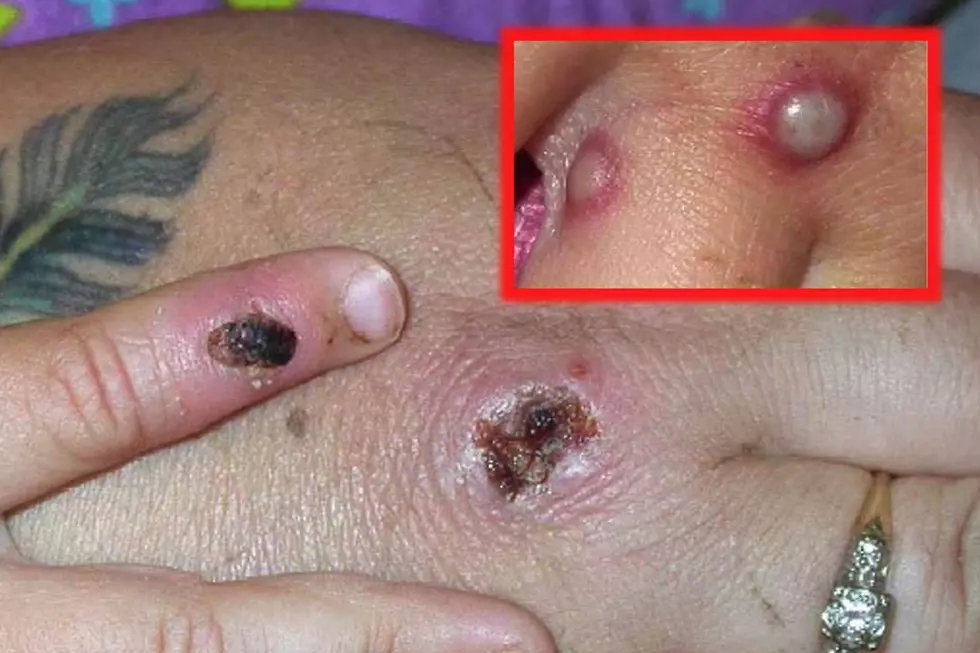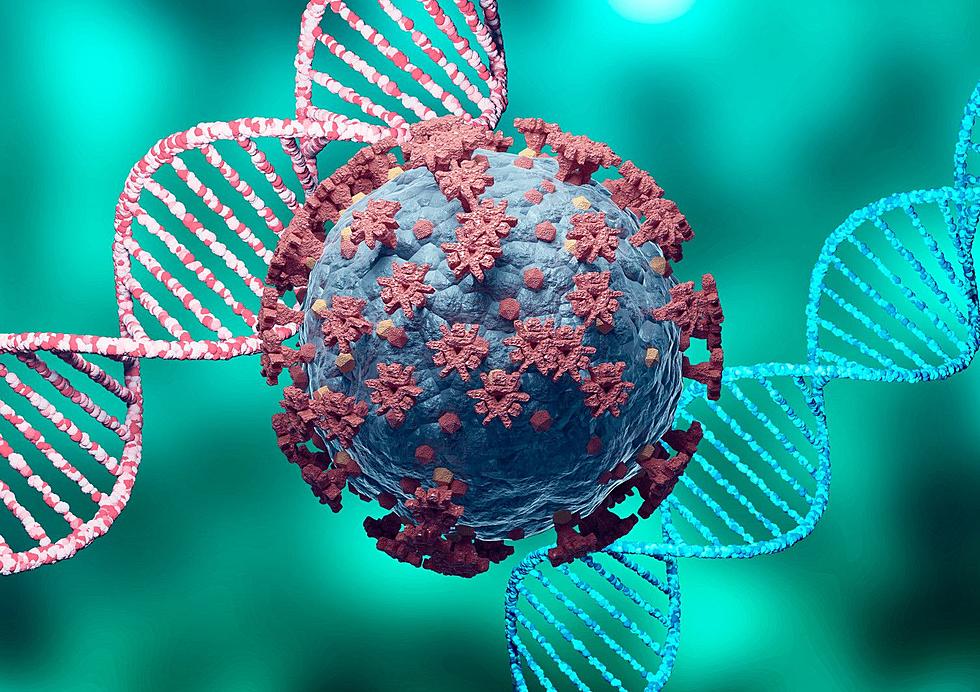
Rutgers program works to fix NJ primary care physician shortage
Years before the COVID-19 pandemic caused worker shortages in a multitude of professions, the dearth of primary care physicians in New Jersey was an area of concern for researchers at Rutgers New Jersey Medical School.
The federal Health Resources and Services Administration predicts that in just a few years, by 2025, New Jersey will be one of 37 states with a primary care doctor shortage, and among a dozen where the shortfall will be at least 1,000 fewer physicians than needed.
Keeping that in mind, Rutgers last year established an Office of Primary Care and Community Initiatives, where assistant dean Dr. Ana Natale-Pereira, NJMS associate professor and division director of general internal medicine, is working to address the already "tremendous" problem.

She said the umbrella term of primary care can include general internal medicine, family medicine, pediatrics, and gynecology, but that medical students are often attracted to other, more specific fields, leaving primary care designations lacking.
"They often don't pursue them because they see primary care as certainly lower pay than the super-specialized fields in New Jersey," Natale-Pereira said. "The students come in with an understanding of what primary care is that is a little bit different than the reality that we live in, particularly in underserved communities."
Those communities of need are a common thread running through four key solutions Natale-Pereira identified for the shortage: physician reimbursement reform, dedicated funding for primary care education, increased funding for additional medical training, and medical school debt relief.
To address some of that, a five-year, $3.25 million HRSA grant has helped establish the NJMS-Reducing Barriers to Success Scholarship, which Natale-Pereira said is designed to support 20 medical students per year in New Jersey.
Commonly, she said, these students may come from disadvantaged backgrounds, which theoretically gives them personal perspectives on the medical needs some communities around the Garden State may have, and extra incentive to help solve those problems.
"There is a world out there in the primary care space that allows them to do that, to serve our communities of need, to give back, and to also advocate for our communities," Natale-Pereira said.
Without growing the pipeline among younger medical professionals, Natale-Pereira said worrisome trends will continue in New Jersey. She said the state already ranks last in the country for doctors under the age of 40, with 30% of primary care physicians here age 60 or older.
And on the educational side, Natale-Pereira said it's important to emphasize to students that primary care doctors still deal in complex medicine, and most crucially, are advocates for their patients.
"Start early, teach about primary care, engage with our medical students, support their education and their financial challenges," she said.
Patrick Lavery is New Jersey 101.5's afternoon news anchor. Follow him on Twitter @plavery1015 or email patrick.lavery@townsquaremedia.com.
Goosebumps and other bodily reactions, explained
Answers to 25 common COVID-19 vaccine questions
Red flags for someone who claims to be from New Jersey
More From New Jersey 101.5 FM









